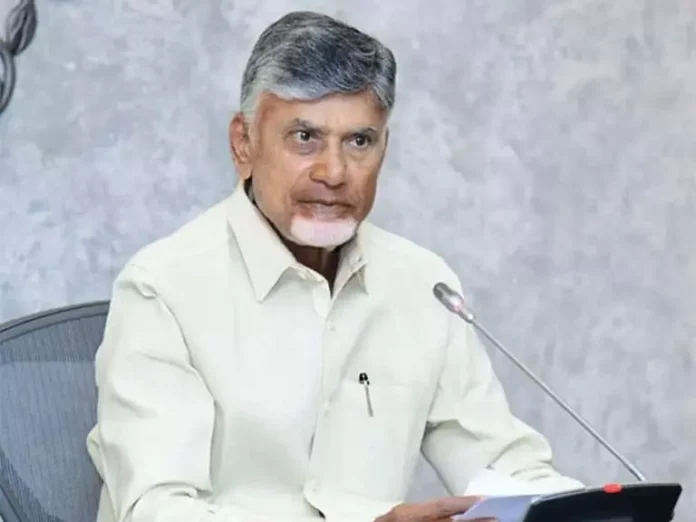Chief Minister Chandrababu Naidu, in a landmark policy decision, has recommended that those seeking positions such as Sarpanch, Municipal Councillor, Corporation Chairman, or Mayor of the local body election in Andhra Pradesh should have at least two children. Interestingly, the provision will apply only to those having children after the law is enacted.
Highlights of the Proposal
Eligibility Requirement:
Candidates contesting in local elections must have a minimum of two children, ensuring alignment with the proposed norm.
Addressing Population Concerns:
Chandrababu Naidu voiced apprehension about the falling population growth rate within the state, indicating that slow growth would not allow for full-fledged development. Projections suggest that Andhra Pradesh’s population will increase from 5.38 crores in 2026 to only 5.41 crores in 2051, at the pace of very marginal addition.
Sustainable Growth:
The Chief Minister underscored the need to maintain an average of 2 children per couple. This balance is essential for ensuring efficient utilization of infrastructure, such as airports, roads, and public services, while supporting long-term growth.
Economic Implications:
Naidu highlighted the strong link between population growth and economic development. He pointed out that a stable population is vital for optimizing investments in infrastructure and driving the state’s overall prosperity.
The Vision Behind the Policy
Chandrababu Naidu emphasized that past policies focused on controlling population growth, but the current situation calls for a different approach. He explained that underutilized infrastructure and a shrinking workforce could become significant challenges if population growth stagnates.
This forward-looking proposal is aimed at promoting population sustainability in a manner that governance will be aligned with the future needs of the state. Naidu’s vision aims to balance demographic growth, infrastructure development, and economic advancement to pave the way for a thriving and dynamic Andhra Pradesh.
By fostering policies that integrate sustainable population management with governance, the state aims to create a stronger foundation for long-term growth and prosperity.

